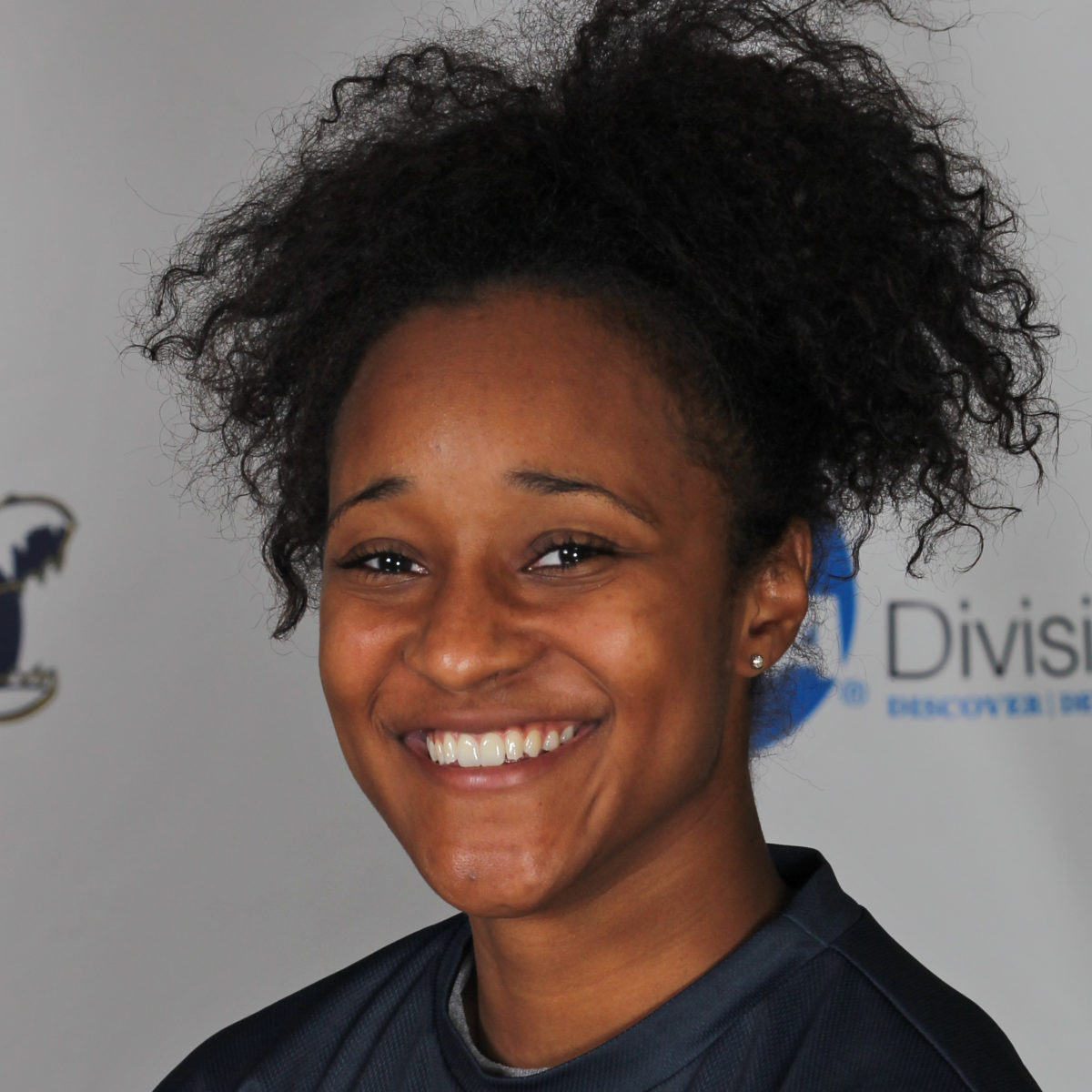
Understand the past, empower the future
Allegheny alum Daryl Ford ’13 reflects on her first year in Teach for America.
This winter, my students and I celebrated Black History Month. I teach science, so the occasion offered us a chance to talk about chemistry through the lens of environmental justice. They’re learning how, as people of color from low-income families, they are often placed at a health disadvantage because of the lack of resources available in their communities. As we’ve delved deeper, I’ve watched them make powerful connections to the disadvantages they experience more viscerally in their own daily lives – when a cashier is squinting suspiciously when they walk into a store, when more news breaks of another person who looks like them losing their lives to senseless violence, police brutality and violence on the streets. Like the polluted air they breathe, these injustices are affecting my kids in the South Bronx every day.
In the face of these realities, we have no time to waste. This school year marked the first in which the majority of public school students are minorities. Our generation has a responsibility to work to ensure that each and every one of these students is moving through a system that affirms their identities, shows them they’re valued, and allows them access to the opportunities they have been denied for far too long.
 While the “whites only” signs of the ’60s have come down, the reality of separate and unequal endures. Alongside glaring gaps in educational, employment and economic opportunity, people of color in this nation face a variety of subtler, no less damaging assumptions. A successful black lawyer hears whispers of affirmative action. A young black boy on a corner is seen as “lurking,” while his white peers “hang out.” A black college student is asked to give “the black perspective” to a seminar full of white students who are never asked to speak on behalf of their race.
While the “whites only” signs of the ’60s have come down, the reality of separate and unequal endures. Alongside glaring gaps in educational, employment and economic opportunity, people of color in this nation face a variety of subtler, no less damaging assumptions. A successful black lawyer hears whispers of affirmative action. A young black boy on a corner is seen as “lurking,” while his white peers “hang out.” A black college student is asked to give “the black perspective” to a seminar full of white students who are never asked to speak on behalf of their race.
In my class, it didn’t take long for my kids to notice that most of the scientists and innovators they read about are primarily white and male. So as they learn to think, write, and report like scientists, they’re also asking about how to use their skills to advocate for themselves and their communities. They are eager to learn not only about chemistry, but about how they can apply what they learn in their science class to build a more equitable future.
As a teacher, nothing could thrill me more than seeing my kids so engaged and passionate about leveraging their newfound knowledge. I joined Teach For America because I love to learn and I believe that education is the key to opening doors that have been locked to families and communities for years. Now that I’m in the classroom, I am convinced more deeply than ever that teachers have the power to help their students transform their own lives.
We have a long way to go as a country before we truly achieve justice for all. To fix the systemic oppression that has created the gross inequality of the present will take the hard, dedicated work of countless leaders and change-makers – many who have experienced it firsthand, others who bear witness to it from further away. We must work toward these long-term changes as well as the immediate, urgent opportunities to change the way our students view themselves and their futures.
As teachers, we can play a central role in this. Every day, we can remind our kids that their thoughts, ideas, identities and opinions are important. We can share our own stories so that when our kids look to the front of the room, they see a little bit of themselves reflected back. We can remind them that they matter, that they always have and that they always will.
Daryl Ford is a 2013 Allegheny graduate and a Teach For America-New York City corps member. She teaches science/special education at MS 22 in the South Bronx.